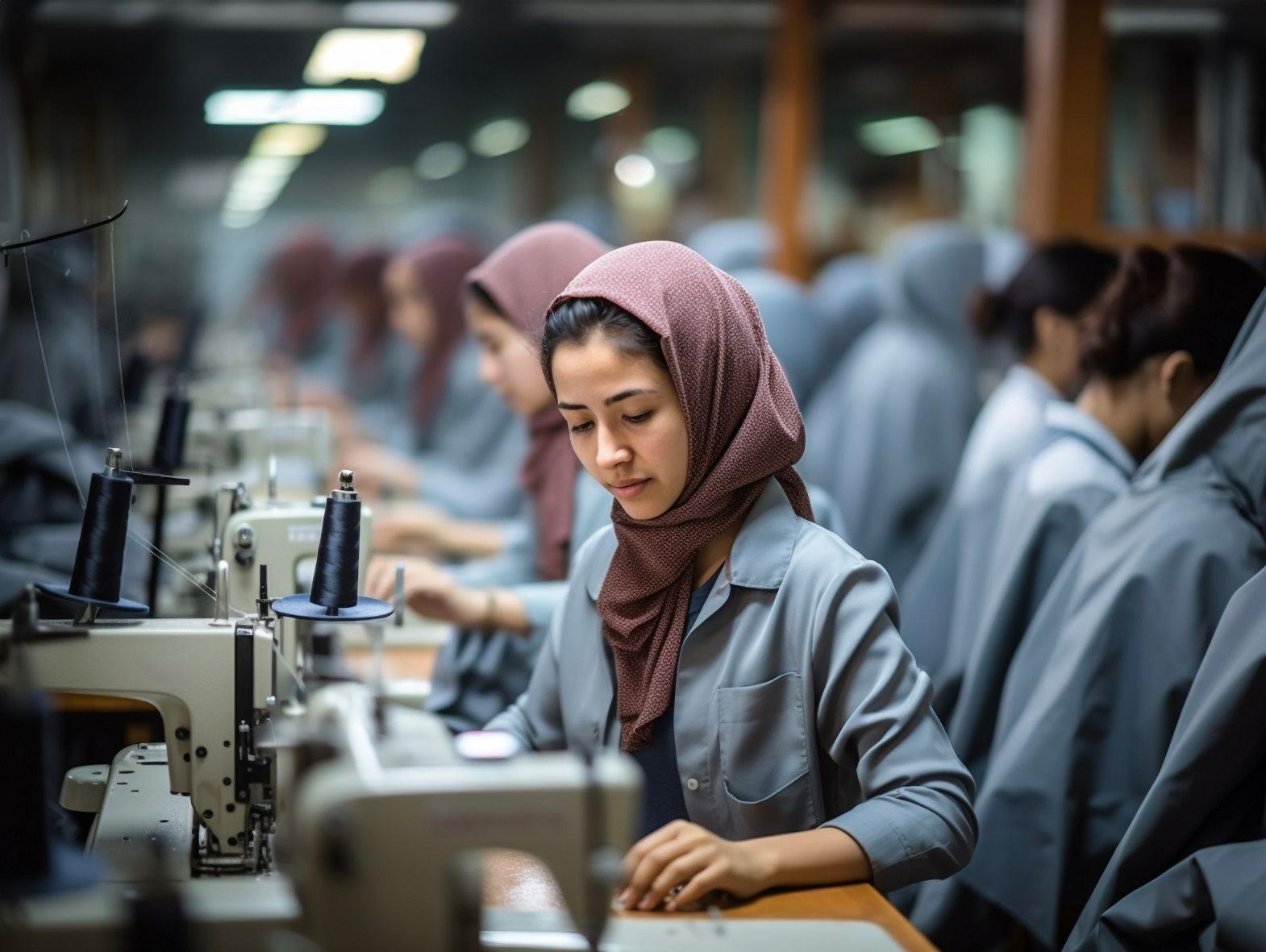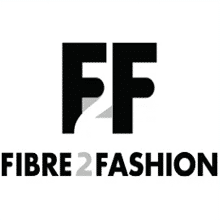The major players in this segment have been Switzerland, Germany, Japan, Italy, and China concentrating mainly on fibre making, spinning, twisting, and winding machines. However Spain, Belgium, Turkey, and France are growing their market shares slowly. Switzerland enjoys the largest share and is a master of finely engineered textile machines. Swiss made machines are known for their excellent quality and innovative techniques. These textile machine tzars occupy a market share of 33% and according to the ITC market access data, one-third of the Swiss made machines are exported to the Asian markets.
Another leading player is Japan, which is home to more than 45 textile machine giants like Fukuhara, Murata, Toyota, and Seiki. The Japanese textile machine technology is widely used in the European markets. Currently Japan is being supportive of bringing evolution in the textile machines industry by rationalization and trade promotion.
With technical soundness and competitive prices being the biggest strengths of this country, the Chinese textile machine sector is rapidly expanding just like its textile industry. Made in China machineries and equipments account for 80% sales in the domestic textile machine market itself, according to the Global Industry Analysis, Inc.
Key arenas that the country focuses on are cotton spinning machines, polyester equipments, dyeing and printing machineries. But now, China is shifting gears to develop machines for technical textiles and advanced equipments. The island of Taiwan also has a boisterous textile machine manufacturing industry, which is growing rapidly and specializes in making weaving shuttles, spindles, and open-ended weaving machines.
Known for fine craftsmanship, Italians have also been one of the strong players in the textile machine manufacturing segment. The 300 production units in the country churn out machines worth $ 3.41 billion every year. Italy exports machineries of the finest quality to more than 130 countries in the world, with Asian buyers accounting 50% of the total international sales. Lately, due to the economic crises, domestic demands have been weak, and globally the growth also has been slow.
The trend setting players and the most innovative as long as textile machines are considered are Germans. It stands 5th in position of textile machine exports. Asia is the biggest importer of Germany made machines, followed by USA. Made in Germany machines used in the textile industry have superior quality and customer centric production. The textile machine makers of the country have provided better applications and innovative equipments.
A country with slow but growing prospects in demand for textile machines and especially accessories is, Spain. The small and medium scale machine makers of Spain currently specialize in spare parts of weaving machines, sewing, knitting, and spinning. The Spanish textile machinery sector accounts for 260 million Euros and exports 70% of the total production to countries like USA, Mexico, France, and Turkey.
In the past five years, the world share of Belgium in the textile machine has increased to 10%. Among the new and upcoming destinations that manufacture textile machines, Belgium is definitely leading with a growth rate of 4.5 %. The reason being the Belgian machine makers have always believed in constant research and development to deliver effective products. The country is known for producing machines for making home textiles like upholstery, bed linens, carpets, and table cloths. It also produces the most speedy air jet weaving machines in the world.
The Turkish textile machine industry is young but growing rapidly and exports to more than 135 countries. Advanced engineering skills, continuous product development, flexibility and adaptation of the machines, and adequate after sale services have resulted into driving the export of textile machines at a rising rate.
Famous for its sophisticated weaving technology called Jacquard, the French textile machine industry exports to 115 countries with a turnover of a whooping 1.5 billion Euros. However, with changing times the country's aim is to drift away from mass production and focus more towards standardization, innovation, and production of products that add more value. Textile machines that France intends to make are fibre spinning machines, systems for yarn treating, textile waste recovery machines, dobbies & jacquard heads; finishing equipments, bleaching, dyeing, and textile hydro-extractors. French machine makers are leading in manufacturing of technical textile and waste recycling systems.
From the above overview of global textile machine makers, it is obvious that, price, versatility, flexibility, and innovations are currently the determining factors in purchasing any kind of textile machines. There is a lot of competition and textile product manufacturers want complete automated solutions but at reasonable prices.
References:
1. Yarnsandfibers.com
2. Textiletoday.com








Comments